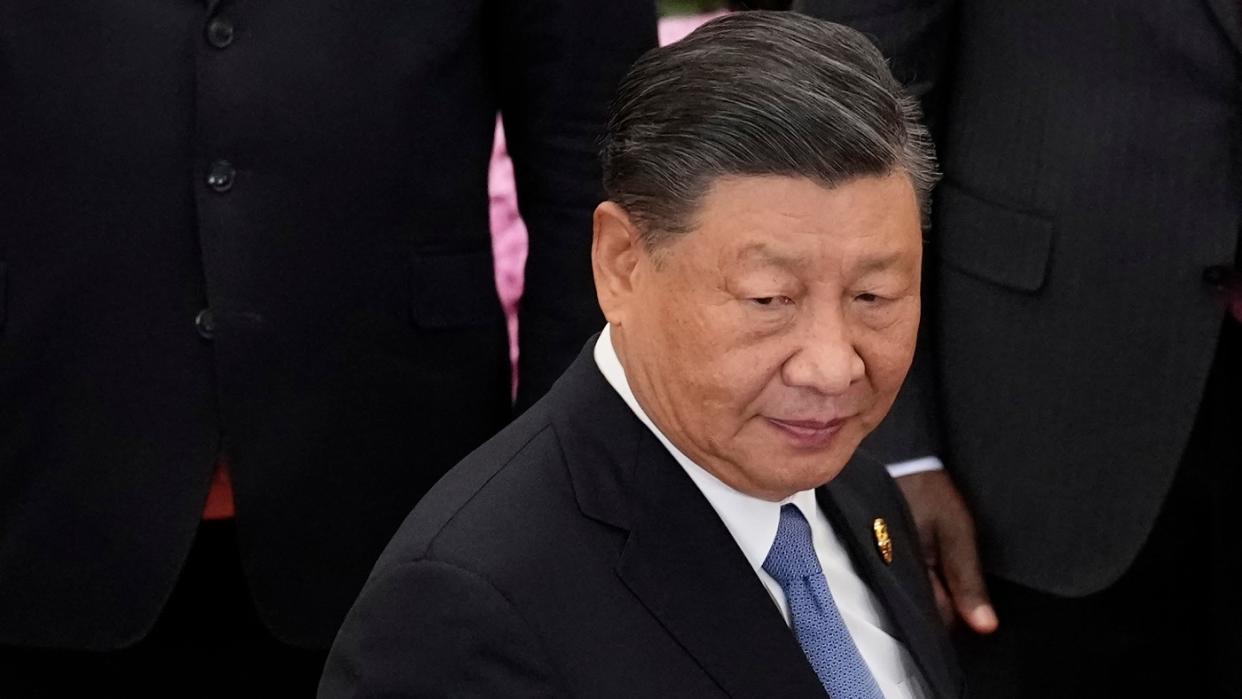How China is attempting to balance its priorities in the Middle East

China is sending its special envoy to the Middle East after the US asked Beijing to use its influence to stop the conflict between Israel and Hamas from spreading.
Washington said it hopes China's friendship with "Hamas backer" Iran could help calm the conflict, said Arab News, particularly after Beijing negotiated a reconciliation between long-time foes Iran and Saudi Arabia in March.
What has Beijing said so far?
Beijing's status as a neutral party in the region has been questioned by some since the 7 October attacks by Hamas on Israel. Where "leaders of most of the world's major powers", such as the US, UK, India and Japan, denounced Hamas and pledged their support for Israel, China took a "different approach", said Time magazine.
China initially urged "relevant parties to remain calm, exercise restraint, and immediately end hostilities". Following pressure, it updated its position, stating that it "opposes and condemns acts that harm civilians". However, noted the magazine, this "stopped short of explicitly calling out Hamas" and China has been "unequivocal about its disapproval of Israel's retaliatory air strikes".
On Monday, China was one of just four countries that voted for a failed UN Security Council resolution, drafted by Russia, calling for a humanitarian ceasefire in Middle East. Beijing wants an international peace conference "as soon as possible".
But one commentator went as far as saying that the conflict "looks like another of China's proxy wars". Writing for The Telegraph, Gordon Chang said: "Hamas fighters appear to have Chinese-made weapons supplied by Iran." Hamas is "Iran's proxy", he said, and Iran is, "in many respects", China's proxy.
What about relations with Iran?
Given Beijing's "warming relations" with Iran in the last few years, the US has "also turned to China" to try to encourage Iran and Hezbollah to stay out of the conflict, wrote Mohammed Sinan Siyech for South China Morning Post.
Therefore, despite China "undermining the US and Israel", requests for it to use its influence and prevent escalation are a "clear sign of its increasing presence in the Middle East", he added.
China has been Iran's largest trading partner for 10 years and had agreed to invest $400 billion in the country over the next 25 years, so some observers doubt whether it will intervene with Tehran.
Giorgio Cafiero, CEO of Gulf State Analytics, a Washington-based geopolitical risk consultancy, told Time that he doesn't "see anything to indicate that China has any willingness to use its leverage", to "pressure Iran" into cutting ties with Hamas and other groups.
China's unwillingness to condemn Hamas may "stem from a more pragmatic interest in keeping itself in the good graces of Arab states in the region", said Time, where China is "eyeing an ambitious economic expansion".
But others feel financial ties are why Beijing will be keen to get involved. The region plays a "key economic role in China's growth", said CNN, because the Middle East contributes more than half of the country's oil imports – or a little more than one third of the country's total oil consumption. Therefore, China "can't afford another big conflict" there.
If war between Israel and Hamas "engulfs other nations", it could "hurt China badly", a commentator told the broadcaster. "Regional conflagration" means "long instability", said Ahmed Aboudouh, an associate fellow at Chatham House, and "long instability means no business for China in the Middle East".
What might happen next?
China will continue to feel pressure to use its influence to avoid a wider flare-up. It has become a "major stakeholder in this region whether it likes it or not", Kevin Tu, a Beijing energy consultant, told The New York Times, and it "needs to play a role to stabilize the region in the years to come".
That role may be in tandem with Moscow after Russia said yesterday that it was coordinating its policy in the Middle East with China. Russia's deputy foreign minister, Mikhail Bogdanov, held talks in Doha with Zhai Jun, China's special envoy for the Middle East, to discuss the crisis.
But Chang has accused China of simply supporting the "aggressors" of Hamas. He claimed that China's president Xi Jinping will "stop at nothing" to achieve his vision of the "Chinese dream" – the "complete control of humanity".

